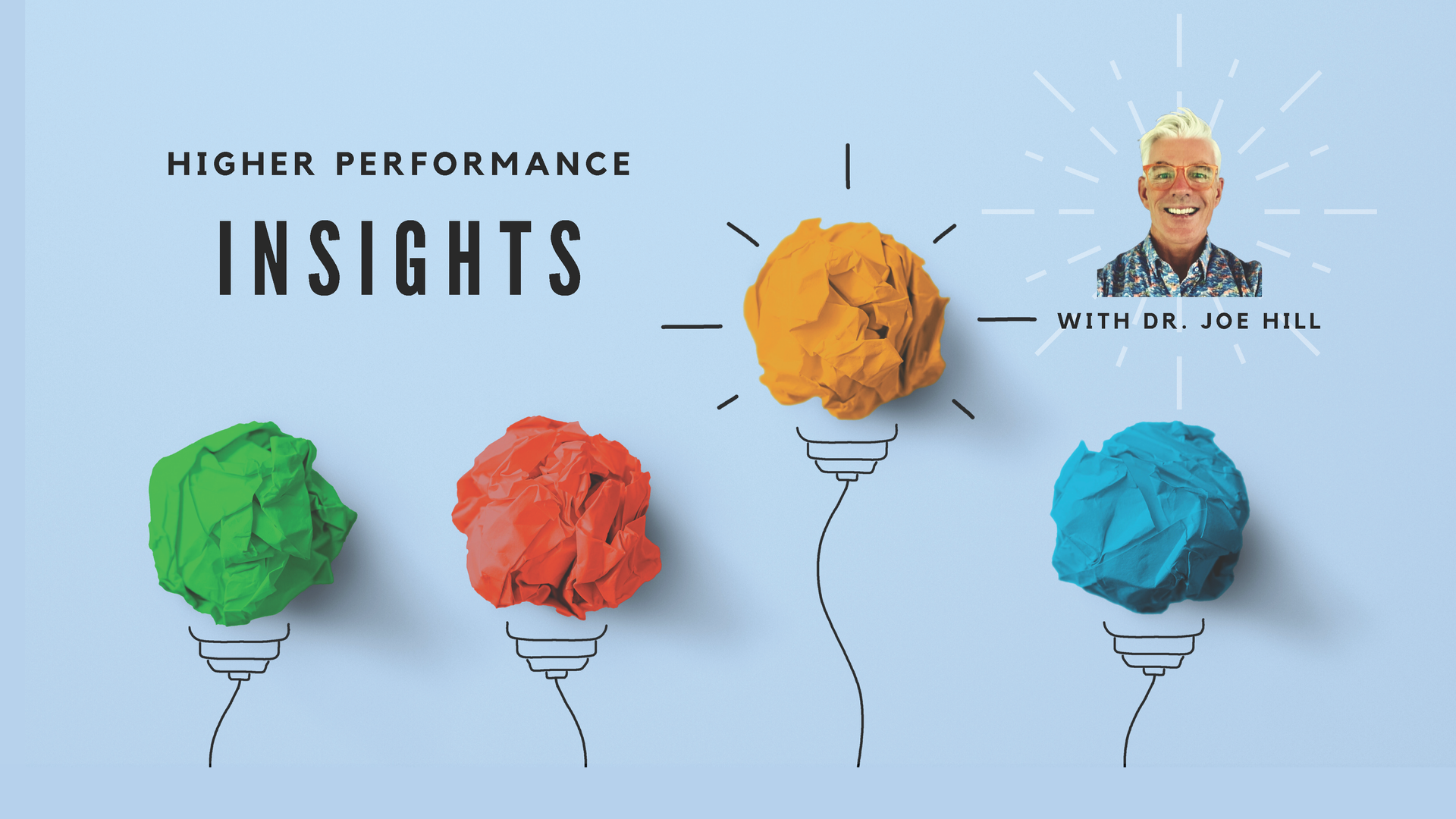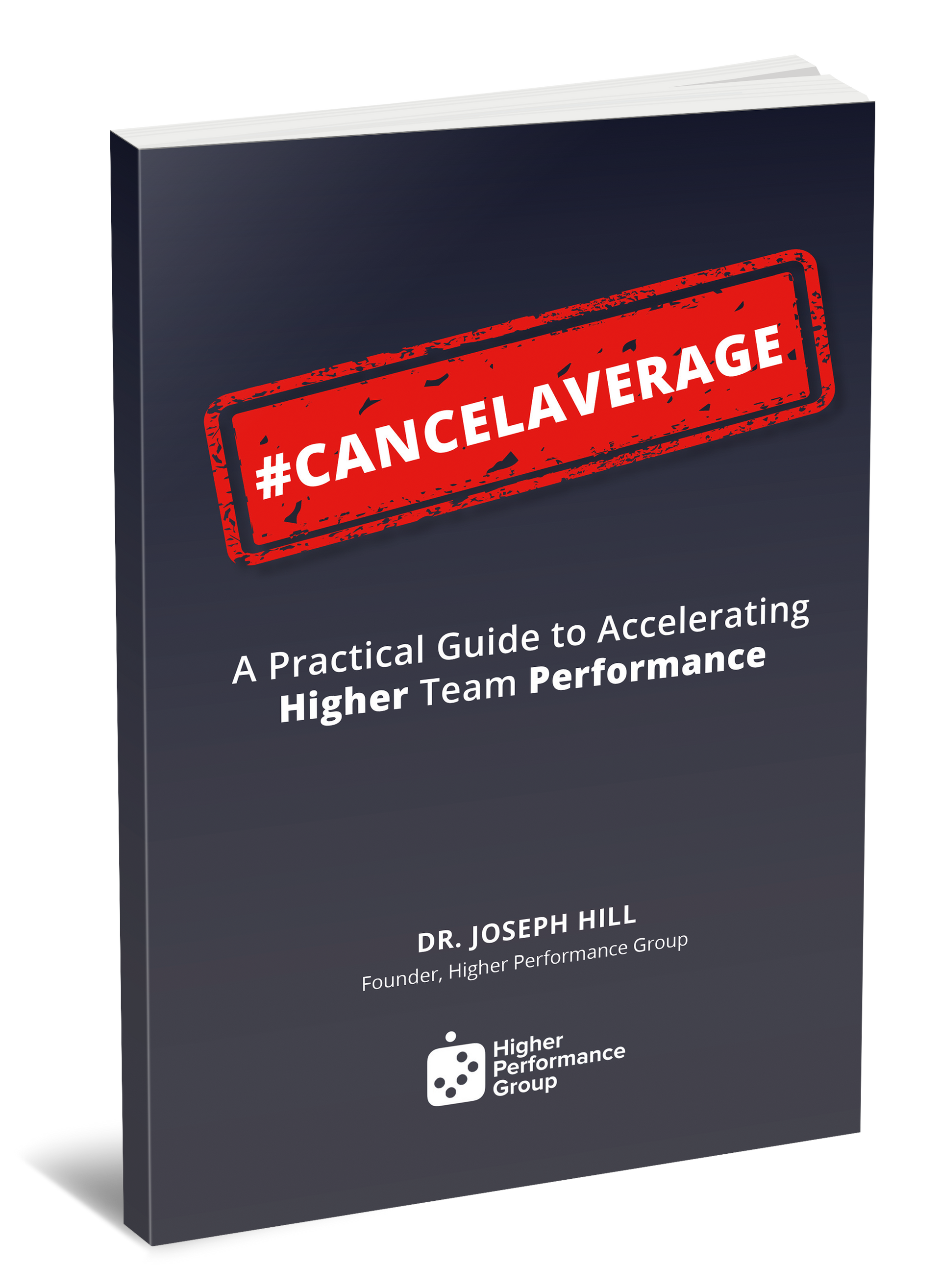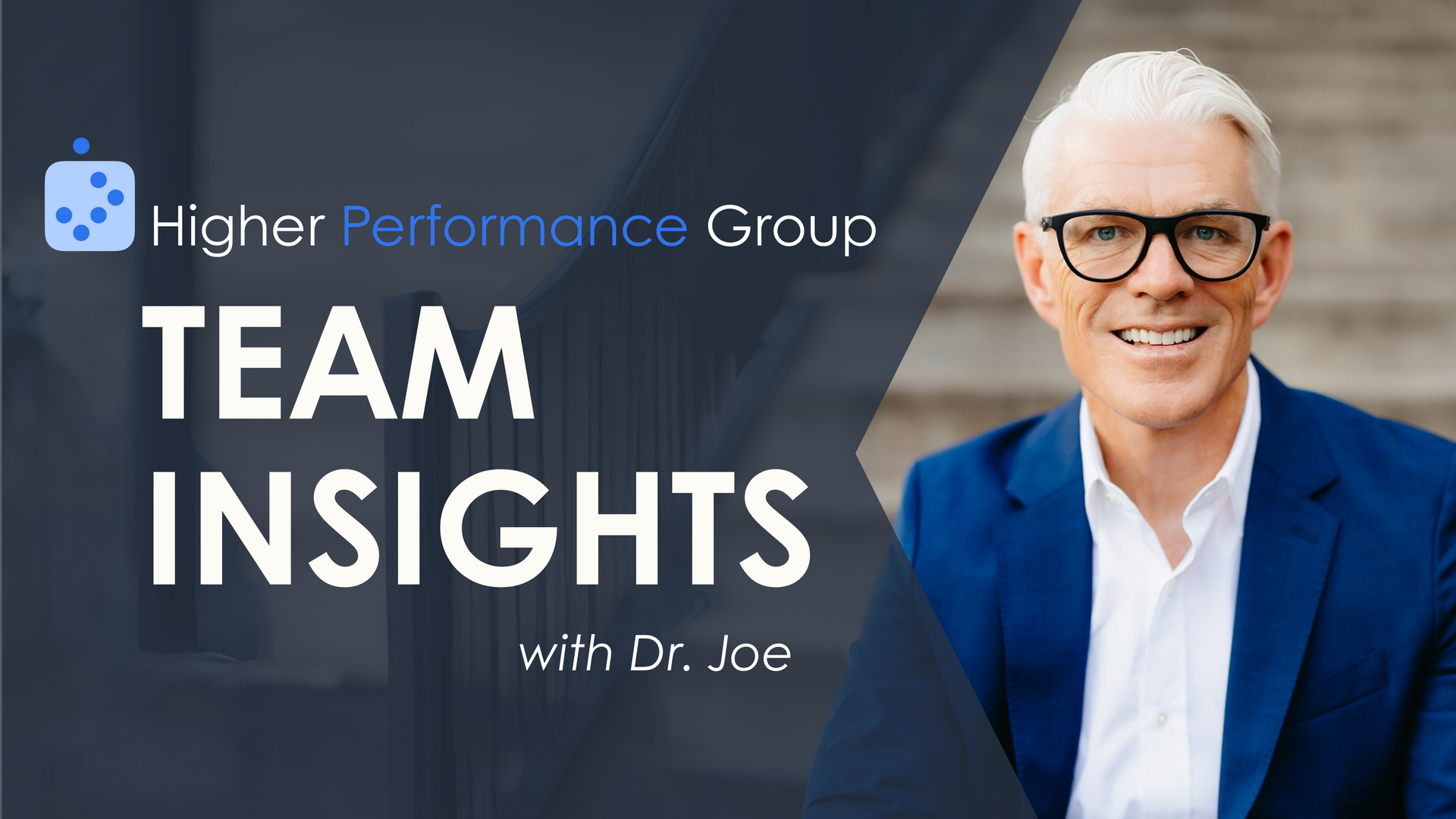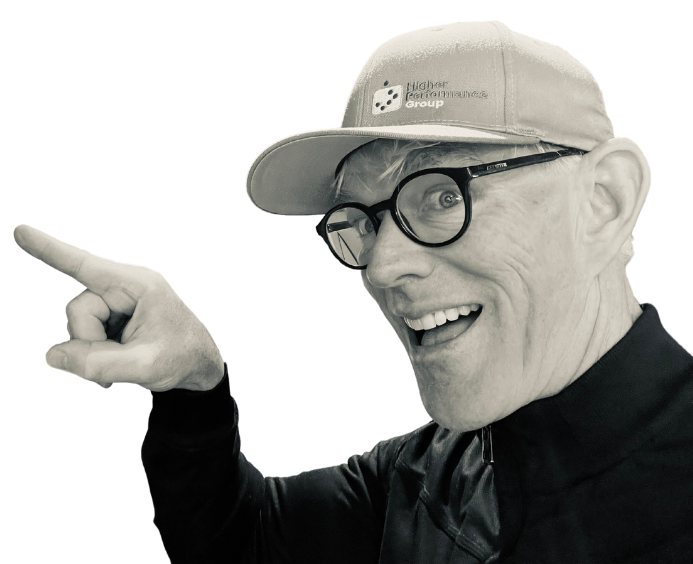By HPG Info
•
February 24, 2026
Two lists exist in every cabinet meeting. What you don't control: State funding. Board dynamics. Demographic shifts. Competitor success. Generational attitudes. What you do control: How much time you spend on the first list. Do this math: 4.7 hours of uncontrollable discussion × 8 cabinet members × 42 working weeks × $140/hour = $221,060 per year. That's not strategic planning. That's expensive therapy without the breakthrough. The leaders who thrived post-pandemic weren't dealing with easier circumstances. Same enrollment pressures. Same board dynamics. Same funding constraints. The difference? They stopped cataloging what they couldn't change and started obsessing over what they could. You are ridiculously in charge of your institution's future. You've just forgotten which levers you actually pull. THE DIAGNOSIS: HOW BRILLIANT LEADERS LEARN TO FEEL HELPLESS Let's talk about this like adults who've survived at least one budget cycle that made you briefly reconsider your career choices. There's a neuroscience phenomenon called learned helplessness — and it doesn't happen to struggling leaders. It happens to brilliant ones. Here's how it works. Scientists put dogs on a mat with a small fence. Mild shock, but the dog could hit a lever to stop it. The dog learned: I have control over my circumstances. Then they disconnected the lever. The dog tries, still gets shocked. Tries again. Eventually stops. The brain literally changes — goes inactive. Depression sets in. Here's the devastating part: they removed the fence. The dog could simply hop off the mat. But it didn't. Because the brain had learned that action is useless. Monday, 7:30 AM. Your CFO wants to "preview concerns" before the 9 AM cabinet meeting. You're discussing the demographic cliff, declining birth rates, economic pressures facing your student population. None of which you control. Tuesday, 2:15 PM. Your Provost wants to "debrief" yesterday's board meeting. You're discussing board member personalities, their unrealistic expectations, their fundamental misunderstanding of higher ed economics. None of which you control. Wednesday, 10:00 AM. Cabinet meeting. Agenda item: "Enrollment Strategy." What actually happens: 90 minutes lamenting Gen Z work ethic, competitor pricing models, and the state funding formula. None of which you control. By Friday, your brain has learned: The lever doesn't work. Action is useless. Nothing I do matters. Psychologists call this the Three P's Personalization ("I'm not good enough") Pervasiveness ("the entire system is broken") Permanence ("this is the new normal") Once these three patterns solidify, you don't need actual constraints to feel powerless. Your brain manufactures helplessness even when the fence is gone. Here's what nobody says out loud: the most expensive line item in your budget isn't salaries. It's the cognitive and emotional energy your leadership team spends every week on variables they cannot influence — while the controllable levers that would actually move your institution sit untouched in the corner like the gym equipment you bought with great intentions and excellent guilt. Comment "FRIDAY" if this was literally your last week. THE FRAMEWORK: THE CONTEXT EXCUSE TEST Call this the Context Excuse Test . Or don't. It'll still explain why your strategic plan died somewhere between "approved by the board" and "implemented by the deans." Last semester, I worked with educational leaders in two different cities. Los Angeles area: "Enrollment growth would be easier if we were in a stable Midwest market — where people have roots and extended family networks." Chicago area, two days later: "Enrollment growth would be easier if we were in a market like LA — where there's constant population influx and people are actively seeking new opportunities." Different contexts. Identical excuses. Same helplessness pattern. Here's the reality check: if your context theory were true — that your specific circumstances make success impossible — then Apple wouldn't sell iPhones in your market. Netflix wouldn't have subscribers. Starbucks wouldn't have locations. But they do. Because while tactics must adapt to context, universal human needs remain constant. Your students need education. Your faculty need purpose. Your community needs the outcomes your institution provides. The question isn't whether your context is hard. The question is: are you adapting your tactics while everyone else is cataloging their constraints? And here's the deeper truth the Context Excuse Test reveals: when you keep asking "why is that?" about any organizational problem, you eventually land at the one person who can actually do something about it. That person is usually you. A global CEO once explained to his executive coach why his company missed quarterly targets. "We brought in this executive from a competitor, and he infected the culture..." Coach: "Why is that?" CEO: "Because he came from a different organizational culture..." Coach: "Why is that?" CEO: "Because I didn't properly vet cultural fit during hiring..." Coach: "Why is that?" CEO: "Because... I guess I am ridiculously in charge, aren't I?" Coach: Not always. Legitimate external constraints exist. But far more rarely than we pretend. THE CASE STUDY: THE QUARTER MILLION DOLLAR CONVERSATION Let me tell you about a superintendent I'll call Mark (not his real name, but Mark, your former CFO definitely knows this story is about your first six months together, and he's smirking right now). Mark led a mid-sized district — 8,000 students, six buildings, an eight-member cabinet, and an average of 19 years in leadership. Combined credentials that could stock a regional conference. Combined ability to stop discussing constraints and start building solutions? Roughly equivalent to a committee asked to agree on lunch while honoring everyone's dietary restrictions, philosophical beliefs about food systems, and strong opinions about parking. His cabinet meetings broke down like this: 45 minutes on state funding cuts, 30 minutes on board behavior patterns, 20 minutes on competitor enrollment trends, 15 minutes on staffing shortages. Controllable variables got 12 minutes — squeezed in at the end when everyone was already mentally ordering lunch. Mark kept going to conferences. Kept getting better at being a superintendent. Kept paying the translation tax trying to implement what he learned with a team that remained fundamentally unchanged. Then he did something radical. He recorded three consecutive cabinet meetings, counted the minutes, and calculated the annual cost. $247,000. He presented the data to his cabinet with one question: "Are we okay with this?" The room went silent. Then his Director of Curriculum said what everyone was thinking: "We're spending a quarter million dollars per year complaining. That's... actually insane." That single sentence changed everything. Not a consultant's recommendation. Not a conference framework. Just the data, held up to the light, in front of the people who created it. Here's what Marcus built over the next three months: a meeting protocol where the first 90 minutes covered controllable variables only — decisions, execution, systems. The final 30 minutes became an "Environmental Scan" where constraints could be named, but only to identify tactical adaptations, never to vent. He implemented a "3 Why's Test" — any problem brought to the cabinet had to answer why it was persisting and why they were the right people to solve it. If the answers kept pointing to uncontrollable externals, it didn't belong on the agenda. Six months later: cabinet meetings dropped from 3.5 hours to 90 minutes. Decision velocity tripled. Implementation completion went from 42% to 78%. Annual complaint cost dropped from $247K to $27K. Same people. Same board. Same funding challenges. Same enrollment pressures. Different system. What you focus on expands. Mark's cabinet was expanding helplessness. Now they're expanding agency. BEFORE THE APPLICATION: WHY MARK'S SHIFT STUCK The shift didn't happen because he attended another conference or hired another consultant. It happened because he built a team operating system that made agency automatic — not a one-time intervention, but a sequential change in how his cabinet thinks together. This is the pattern The TEAM INSTITUTE was built to eliminate at scale. While most leadership development gives you frameworks to translate back to your team alone, we build the operating system that makes the shift from helplessness to agency structural — through 8 monthly sessions that develop from trust to empowerment to collaboration to breakthrough results. We don't fix people. We multiply systems. But whether you ever join The TEAM INSTITUTE or not, here's what you can implement Monday morning... THE APPLICATION: YOUR CONTROL AUDIT Here's what to do Monday morning (assuming you're not in crisis mode — in which case, bookmark this and do it Tuesday): STEP 1: RUN THE COMPLAINT AUDIT (45 minutes across two meetings) Have someone track — with timestamps — time spent on controllable vs. uncontrollable variables. Three columns. Tally the minutes. Calculate the annual cost using Marcus's formula. Then ask your cabinet Mark's question: "Are we okay with this?" Don't editorialize. Don't present solutions. Just hold the data up to the light and let the room sit in it. What this reveals: if uncontrollable discussion outnumbers controllable action 3-to-1, you have a learned helplessness crisis, not a strategy problem. And if nobody wants to track this in the first place — your team already knows what the numbers will say. STEP 2: RUN THE CONTEXT EXCUSE INVENTORY (30 minutes) Put this question on your next cabinet agenda: "What would have to be true for us to succeed despite our constraints?" Have each person list the three constraints they cite most frequently, then — this is the part that matters — what they would do differently if those constraints never changed. Go around the room. Read answers out loud. Watch what happens when every "if only..." statement reveals a corresponding "but we could..." action that's been sitting right next to it, ignored. If answers keep pointing to external changes needed, you're waiting for rescue. If someone says, "There's nothing we can do until X changes," they've adopted learned helplessness as a professional identity. That's a different conversation, but a necessary one. STEP 3: THE 30-DAY CONTROLLABLE SPRINT (Ongoing) For 30 days, 80% of cabinet meeting time covers variables your team directly controls. Track two numbers weekly: Complaint Ratio: Uncontrollable discussion ÷ Controllable action time Implementation Velocity: Days from decision to execution start After 30 days, measure whether the ratios moved. If they didn't, someone on your team is invested in the current story — and that's worth a very direct conversation. OBJECTION: "We don't have time for this" You're currently spending 245 hours per year generating helplessness. You're underwater BECAUSE your team invests energy in uncontrollables, not despite it. What feels like "we're too busy" is almost always "we're afraid of what the data will reveal." OBJECTION: "My board keeps demanding answers about uncontrollables" Your board is asking about uncontrollables because you haven't given them confidence in your controllables. Boards don't micromanage competence. They micromanage uncertainty. When you shift from "here's why we can't..." to "here's what we're doing about what we CAN control," the temperature in the room changes. Your board is paying you to exercise agency — not to be a sophisticated narrator of external circumstances. Which of these objections is your system's default? Drop it in the comments. THE MATURITY SHIFT Immature leaders think: "If only our context were different, we could succeed." Mature leaders think: "What can we control that creates success despite our context?" Immature leaders collect constraints like Pokemon cards — gotta catalog 'em all, display them in meetings, occasionally take them out to admire how impossible everything is. Mature leaders acknowledge constraints once, then obsessively focus on controllable variables. Immature leaders wait for circumstances to improve. Mature leaders improve their response to circumstances. The difference is the difference between a superintendent who survives until retirement and a superintendent whose district becomes the model everyone else studies. One explains to the board why demographic shifts make growth impossible. One shows the board enrollment growth data despite demographic shifts. The Three P's aren't permanent. The lever might not have worked yesterday. But the fence is gone. You can hop off the mat anytime you choose. Your turn: what's one constraint you've been citing for the past year that — if you're honest — you've been using as an excuse to avoid action on controllable variables? Drop it in the comments. Naming it is the first step past it. Tag a cabinet member who's ready to make this shift. Or screenshot this and text it to your CFO with the message: "We're spending 4.7 hours complaining. Let's calculate our actual number Tuesday." IF YOU'RE TIRED OF TRANSLATING INSIGHTS ALONE You just diagnosed the gap — a cabinet spending a quarter million dollars annually on variables no one in the room can change, while the controllable levers sit untouched. That pattern is the symptom. The cause is operating at 60% capacity while funding 100%. Research shows that most leadership teams perform at only 60% of their potential — not because they lack talent, but because brilliant individuals never learned to multiply their intelligence together. If your cabinet costs $1M annually, the 40% gap represents $400K in annual burn. When 100% workload hits 60% capacity, you rotate through three bad options: Lower Standards Burnout Public Failure Most teams cycle through all three while the market decides. The problem isn't your people. It's the model. You're trying to multiply intelligence using addition. Multiplication requires a different system. THE TEAM INSTITUTE: 8 Months From Helplessness to Agency The TEAM INSTITUTE is a sequential developmental journey that transforms your cabinet from individually brilliant to collectively unstoppable — not through episodic workshops forgotten in 30 days, but through capability building applied directly to your actual challenges. Month 1: Base Camp — Team Profile and {BEST FIT} framework Month 2: Building Trust — The foundation that makes honest problem-solving possible Month 3: Empowerment — Distributing authority over controllable variables Month 4: Collaboration — Multiplying intelligence instead of fragmenting it Month 5: Broadening Influence — Leading beyond positional authority Month 6: Managing Change — Transformation without casualties Month 7: Managing Conflict — Using friction as refinement Month 8: Developing Others — Multiplying agency across your organization Each 2-hour monthly session builds on the previous foundation. You can't skip trust and jump to empowerment — that's abandonment, not leadership. What's Included: Team {BEST FIT} assessment and mapping. Team 360 baseline and follow-up. Type-specific protocols for your team's configuration. Monthly expert facilitation on your actual challenges. Between-session accountability. Executive coaching for senior leaders. The Results: 3x performance improvement. 29% higher engagement. 27% better organizational outcomes. Zero burnout increase. The Requirement: Full leadership team participation. Partial engagement produces partial results. If you're ready to stop explaining why things are impossible and start demonstrating what's controllable — let's talk. Schedule a 30-minute consultation to explore whether The Team Institute is the right intervention for your context. We'll discuss your team's current patterns, explore readiness, and determine whether this produces the systematic agency your institution requires. This isn't a sales pitch. It's a conversation between people who refuse to accept that learned helplessness is permanent. [LEARN MORE] [SCHEDULE CONSULTATION] FOUND VALUE IN THIS? Help other educational leaders discover it: → Repost with your calculated complaint tax — 4.7 hours × your team size × 42 weeks × hourly rate. Drop your number. → Tag a leader who's paying the learned helplessness tax right now → Comment with the constraint you've been using as an excuse — your honesty helps others feel less alone. The more leaders who shift from learned helplessness to ridiculous agency, the better our educational systems become. Follow DR. JOE HILL and Higher Performance Group for weekly Team Intelligence insights.
